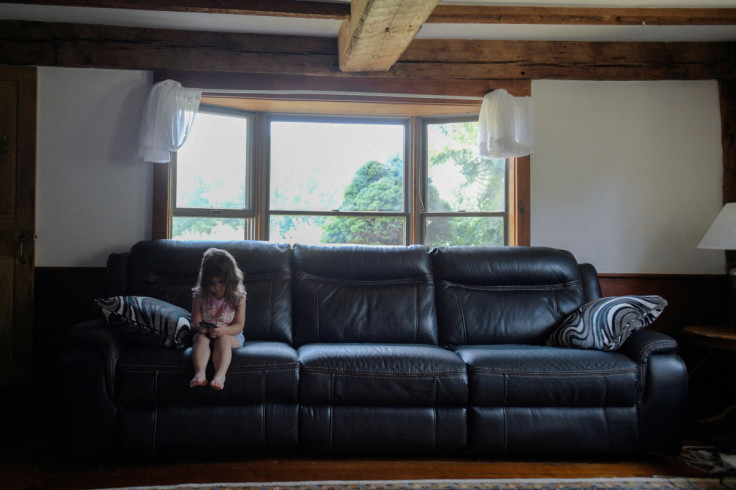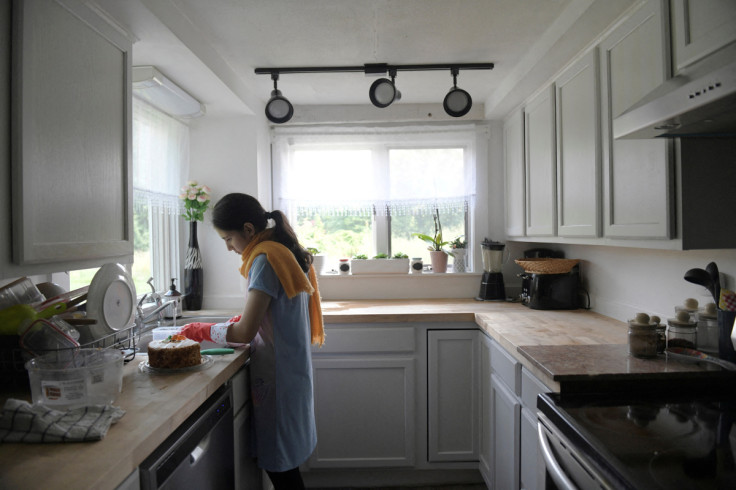Americans Can Sponsor Refugees Directly Under New Program

Groups of Americans will be able to directly sponsor refugees for resettlement in the United States under a new program announced on Thursday, a major shift that could bolster admissions and reduce government costs.
Under the U.S. State Department program, which will be called the Welcome Corps, groups of at least five people will be expected to raise a minimum of $2,275 per sponsored refugee. The sponsor groups, open to U.S. citizens or permanent residents, will also be required to pass background checks and create a support plan, according to a related website.
The program will aim to find 10,000 U.S. sponsors for 5,000 refugees in fiscal year 2023, which ends on Sept. 30, the State Department said. Reuters first reported the launch of the program on Wednesday.
The individual sponsorship program for refugees - similar to a model used in Canada - is part of a broader effort by U.S. President Joe Biden, a Democrat, to provide opportunities for Americans to support foreigners seeking protection.
The new sponsorship program is unlikely to have any near-term effect on the record number of migrants attempting to cross the U.S.-Mexico border illegally as refugees enter through a long application process from abroad, often from conflict zones.
Earlier this month, Biden rolled out a humanitarian entry program that allows up to 30,000 migrants per month from Cuba, Haiti, Nicaragua and Venezuela to enter via "parole" if they have U.S. sponsors and travel by air. The administration also used parole to admit Afghans and Ukrainians and piloted sponsor programs to support them in the United States.
The Welcome Corps program will bring in refugees through the U.S. Refugee Resettlement Program, which takes referrals from the United Nations and U.S. embassies. Refugees currently entering the United States are assisted by nine U.S. resettlement agencies dependent on government funding.
Biden set a cap of 125,000 refugee admissions this fiscal year, which began on Oct. 1, 2022, but only 6,750 arrived from October-December, according to program data.
The United States greatly curtailed refugee entries under Republican former President Donald Trump, who portrayed them as a security threat. Admissions have yet to rebound to pre-Trump levels.
In a statement tied to the Welcome Corps launch, Secretary of State Antony Blinken called the sponsorship program "the boldest innovation in refugee resettlement" since the start of the U.S. program in 1980.
Blinken said the sponsorship opportunities could inspire support from a range of Americans, including "members of faith and civic groups, veterans, diaspora communities, businesses, colleges and universities, and more."
During the first six months of the new initiative, the State Department will connect sponsors with refugees whose cases are already approved, the department said. At some point in mid-2023, U.S. sponsors will be able to refer refugee cases to the department for possible resettlement.
Robert Law, a former Trump immigration official now with the Trump-aligned America First Policy Institute, said Congress should ensure refugees are adequately vetted and that sponsors are actually covering costs.
"Privatization of refugee resettlement in theory takes U.S. taxpayers off the hook," he said. "But proper guardrails are needed to ensure sponsors are thoroughly vetted and have sufficient means to financially support the refugee."

© Copyright Thomson Reuters {{Year}}. All rights reserved.





















